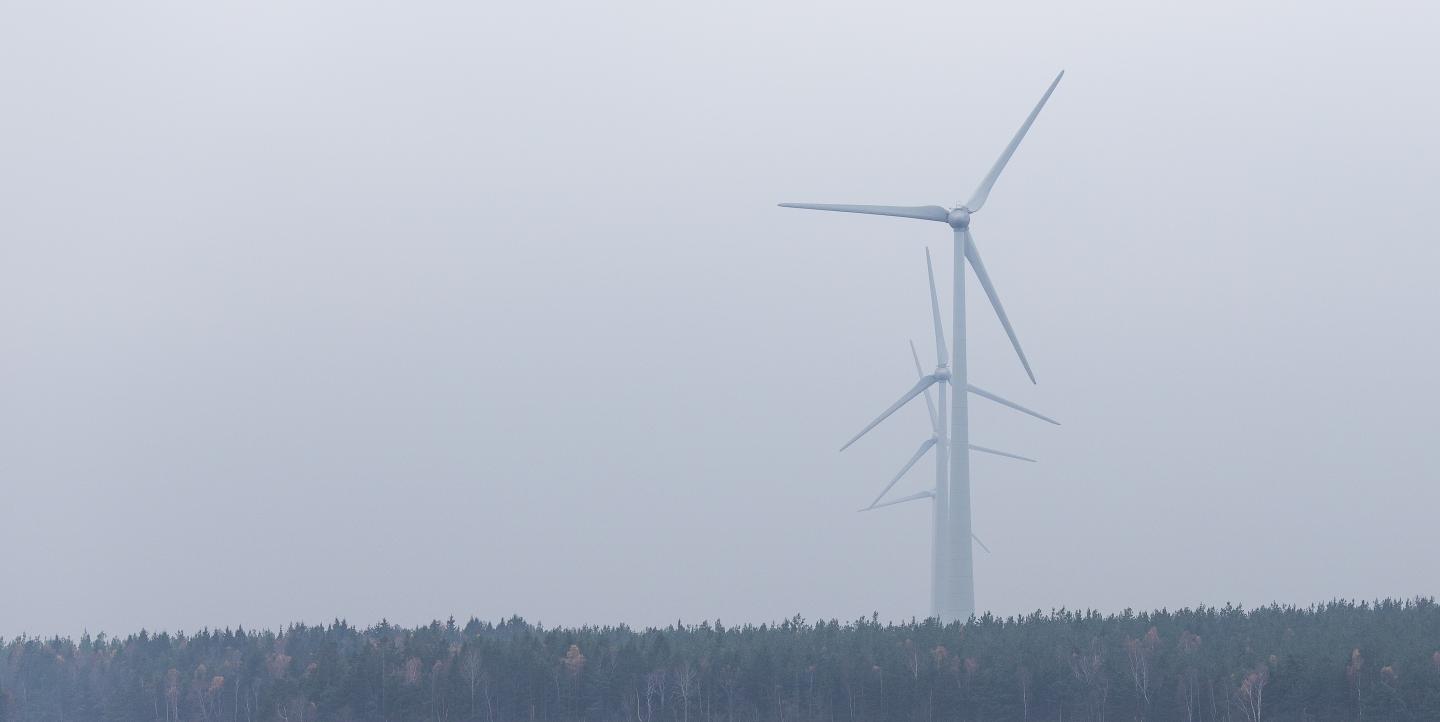Newsrooms are increasingly using data in storytelling to produce better content, empower citizens and promote government accountability. But as many journalists in Africa know, accessing government data can sometimes prove to be a tall order. In some cases, the data doesn’t even exist. International organizations release periodic data on a range of issues, but what if a journalist wants to access the most recent — perhaps to-the-minute — local data?
The issue of missing data inspired the establishment of a pan-African citizen network that uses sensors to collect data for use by journalists, citizens, civic watchdogs and governments on the continent. Under the leadership of ICFJ Knight Fellows, Code for Africa, the continent’s largest data journalism and civic technology initiative, has so far built and deployed 22 air quality sensors in Nigeria, Kenya, Tanzania, Uganda and South Africa. It hopes to deploy 300 more for its sensorsAFRICA project, which aims to generate data on a variety of issues including air and noise pollution, water safety, and even the presence of potholes on public roads.
James Chege, Code for Africa’s software developer, has built air quality sensors that have been deployed in neighborhoods around Nairobi. The sensors measure levels of particulate matter and pollutants such as carbon monoxide and nitrous oxides that have been linked to respiratory illnesses.
Investigative reporting
Data collected from the sensors is openly available on archive.sensors.africa, and journalists within the Code for Africa network are already using it to launch reporting projects. The Star newspaper in Kenya recently published a story on the effects of poor air quality on schoolchildren using data from sensors located at three public primary schools in Nairobi.
In Tanzania, marine biologist Gill Braulik installed underwater acoustic sensors to track illegal dynamite fishing with support from Code for Africa’s innovateAFRICA program. Dynamite fishing, also referred to as blast fishing, is the use of dynamite or homemade explosives to stun or kill many fish at once. The practice, illegal in Tanzania and in many parts of the world, destroys the surrounding ecosystem, damaging coral reefs and other marine life. Environmental journalism group Oxpeckers hopes to use data from these acoustic sensors as part of their investigative reporting on crime syndicates carrying out blast fishing on the seabed between Zanzibar and Tanzania’s mainland.
We have lift off..! the first two sets of acoustic recorders are in the sea listening so we can track whales & dynamite fishing blasts in Tanzania. 20m visibility, what a lovely start 2 this new project #AcousticOceans @pewenvironment @Code4Africa @UnequalScenes @_SMRU_ pic.twitter.com/iVdb2oNSqx
— Gill Braulik (@GillBraulik) May 31, 2018
ICFJ Knight Fellow David Lemayian, Code for Africa’s lead technologist, has been leading the sensorsAFRICA project. He says journalists looking for fresh data to inform their stories will greatly benefit from the data sets generated by the technology.
“When one person says it’s raining outside and another says it’s dry, it’s the journalist’s job to look outside the window,” says Lemayian. “With low-cost environmental sensors, we’re making it more accessible for journalists across the continent to ‘look outside the window.’ We do this by providing near real-time, historical and verifiable insights to hold governments accountable for a better quality of life for their citizens.”
The ‘look outside the window’ metaphor could be taken quite literally in the case of local media outlets Mtaani Radio and The Star, who have air quality sensors deployed at their Nairobi offices. Mtaani Radio has already broadcast information on the sensor to the community and hopes to keep the public informed about pollution levels by broadcasting the sensors’ data.
Crowdsourcing data
Chege says the sensors have proved to be a valuable way to crowdsource information from citizens. “The sensor kits built by Code for Africa need caretakers, and this role often falls on citizens living within the communities. Once people have the sensors and are able to measure and collect data, they have the tools to protect themselves, take preventative action or engage local governments,” he says.
Irene Wangui is an Africa program consultant at the International Center for Journalists.
Main image CC-licensed by Unsplash via Jon Flobrant.

